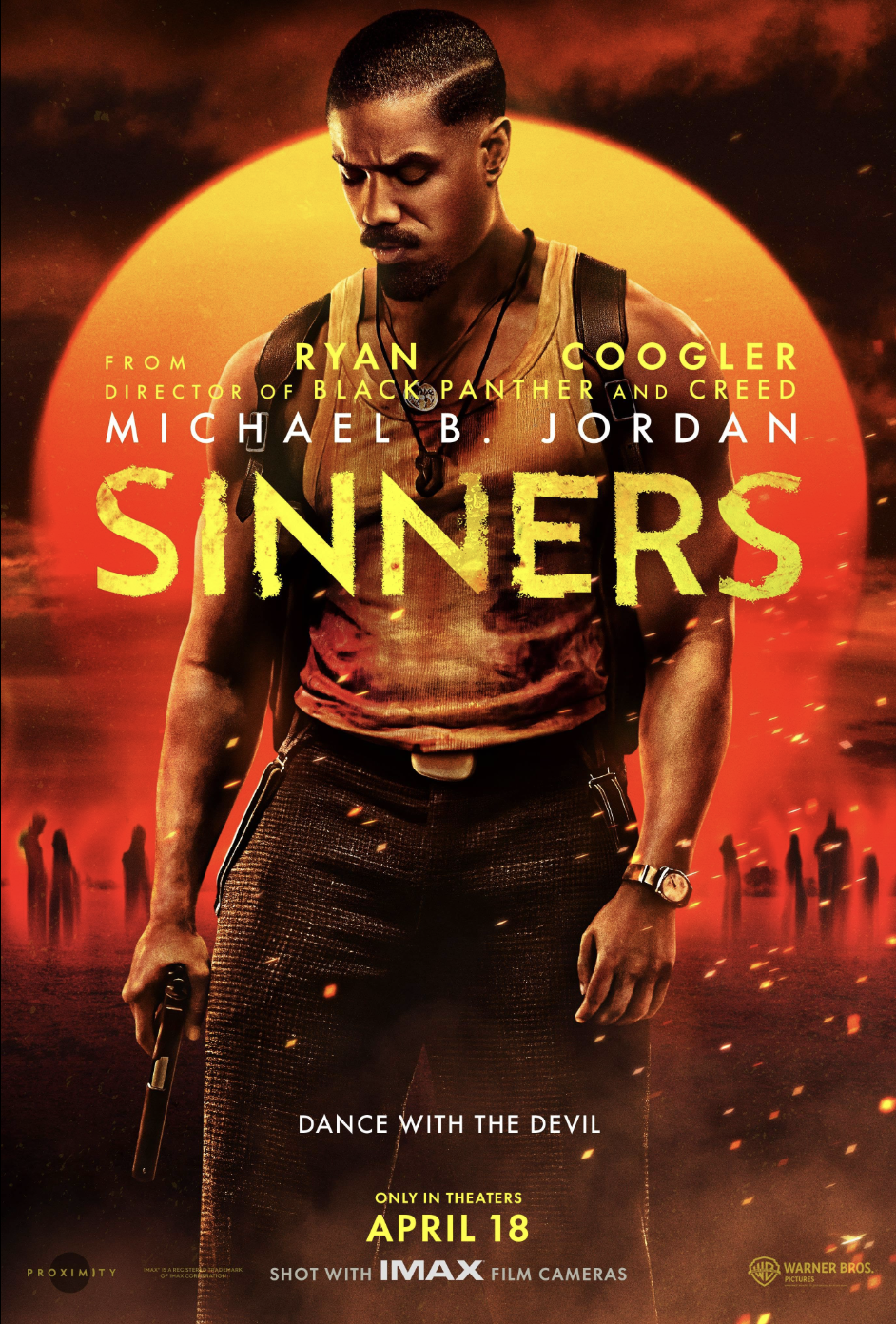The twins soon discover, however, that the same segregated economy that deprives them of seed money means that their clientele cannot afford to pay for their products in cash. “The black peon is held down by perpetual debt or petty criminal judgments; his rent rises with the price of cotton, his chances to buy land are either non-existent or confined to infertile regions,” W. E. B. Du Bois wrote in 1907. “If by accident or miracle he escapes and becomes a landholder, his property, civil and political status are still at the mercy of the worst of the white voters, and his very life at the whim of the mob.” This century-old observation is almost a summary of the film’s setting, just without the vampires.
The film conveys two forms of peonage prominent in the 1930s South—labor arrangements not far removed from slavery. One is convict leasing, which we see as Stack, his cousin Sammie, and a veteran bluesman called Delta Slim pass by a chain gang on their drive to the juke joint. Because the Thirteenth Amendment abolished slavery “except as punishment for a crime,” many southern states passed laws that, in practice, allowed authorities to arrest Black people for minor crimes such as “loitering” or “vagrancy” and then coerce them to work for free under heinous conditions.
The other is sharecropping, the details of which are the catalyst for the eventual vampire massacre. Early on in the film, we see Sammie, an aspiring musician and preacher’s son, picking cotton in the morning so that he can fill his quota and spend the rest of the day playing his guitar. Under the sharecropping system, Black people and poor whites were kept in an interminable cycle of debt by landlords, no matter how hard they worked, and so were bound to continue—Du Bois described it as a form of serfdom. Landlords would pay sharecroppers in “scrip,” paper or wooden tokens that could be used to purchase only highly marked-up goods from the landlords’ own stores. As the writer Michael Harriott notes, the Chows’ shop would have been one of the few places in town where Black residents could expect fair prices.
